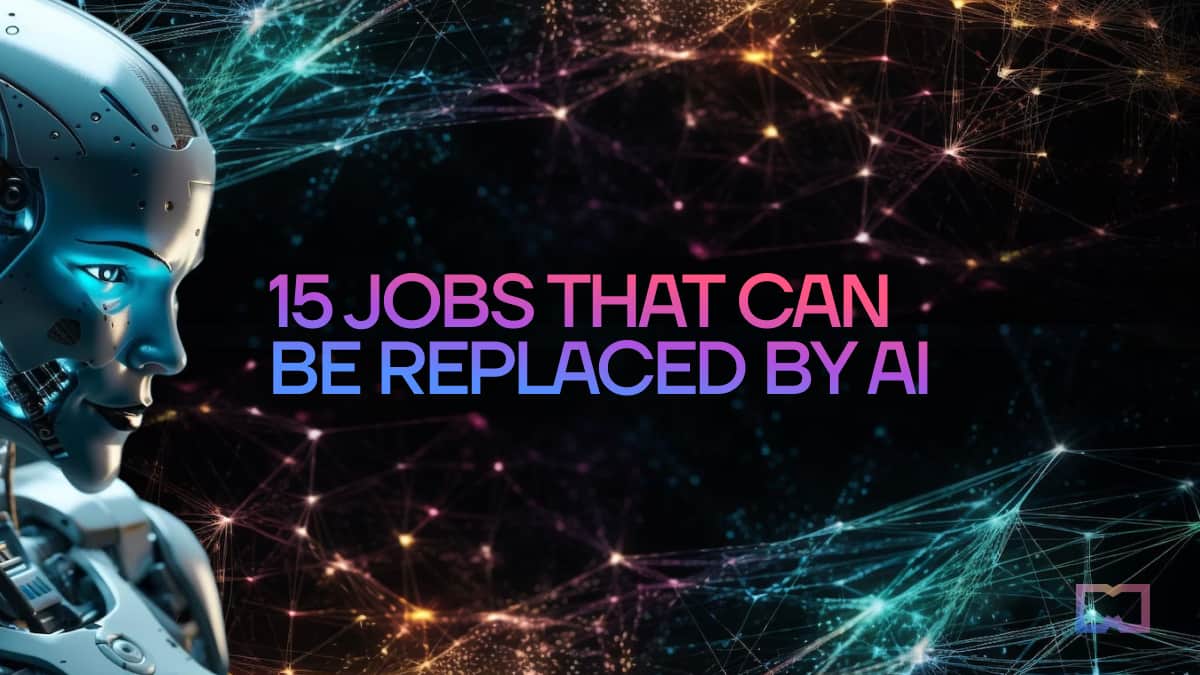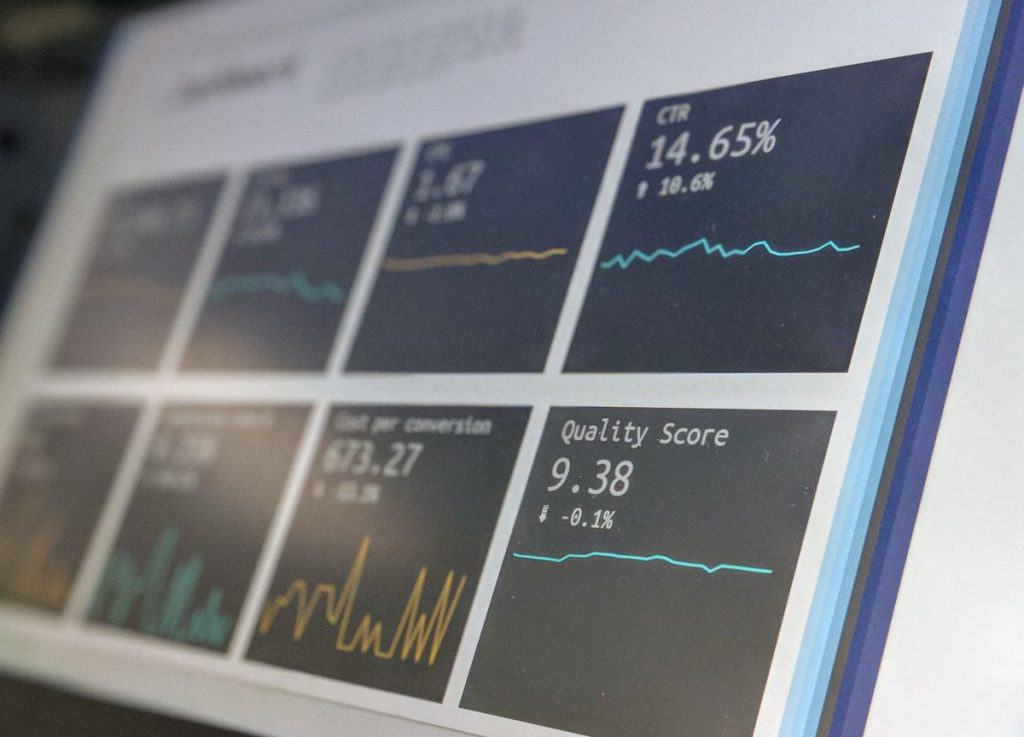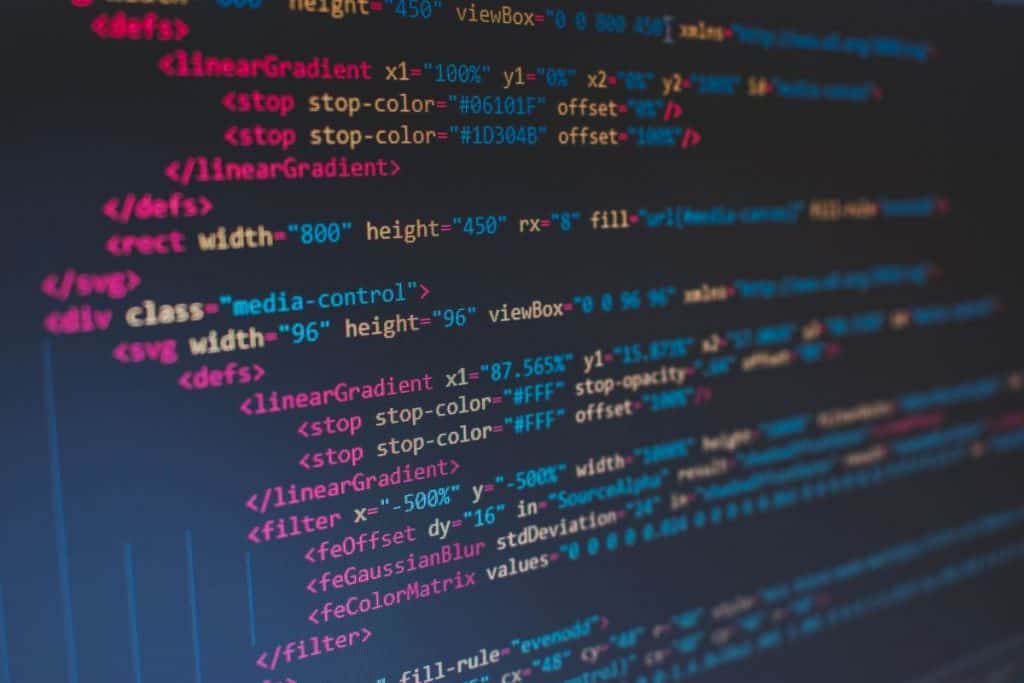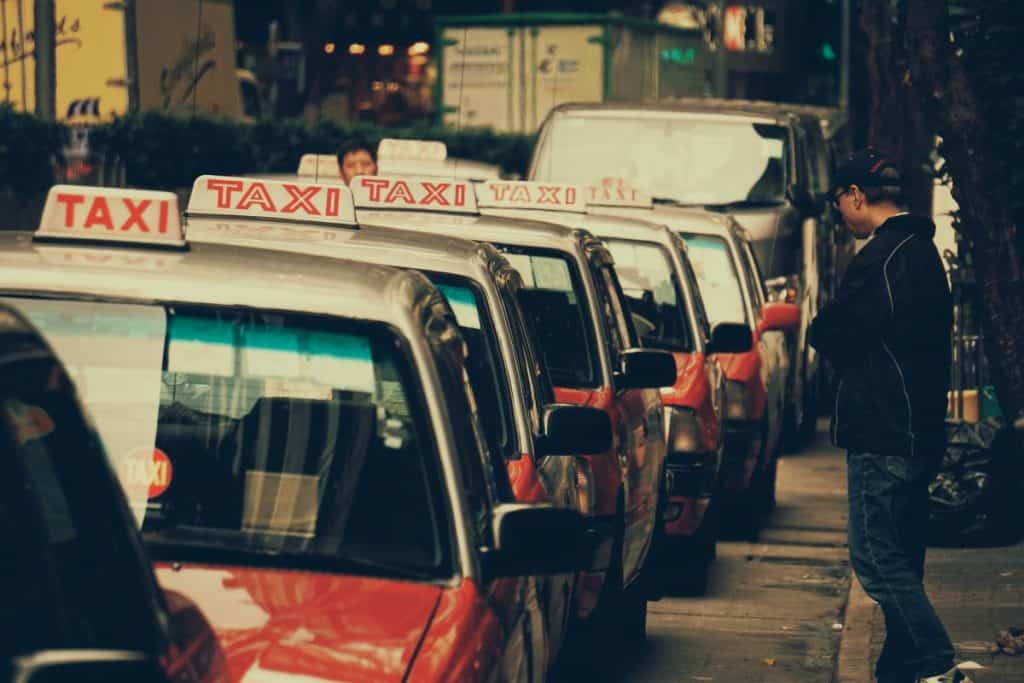Top 15 Jobs That Can Be Replaced by AI in 2025


In Brief
In this article, we explore 15 jobs that could potentially be replaced by AI, examining the impact of automation on such professions and the implications for the future of work.
In many fields, this powerful technology helps humans save time by optimizing processes, augmenting their skills, and leveraging capabilities.
Artificial intelligence (AI) has gained significant traction in recent years, bringing notable changes to industries and work practices. With the rapid advancement of AI technology, there is an ongoing debate surrounding the potential displacement of human workers. In this article, we will explore 15 professions that could potentially be affected by AI-driven automation, examining the impact on these roles and the future of work.

The following professions may see changes due to AI: telemarketers, customer service representatives, administrative supporters, travel agents, retail salespersons, entry-level journalists, proofreaders, translators, legal assistants, data analysts, warehouse workers, entry-level programmers, entry-level graphic designers, social media managers, and taxi drivers.
Telemarketer

Telemarketing is one of the jobs that can be replaced by artificial intelligence within the next year. There are several ways in which AI can be utilized in telemarketing. AI can assist in call routing, directing incoming calls to the appropriate department or agent based on predefined criteria. Then, artificial intelligence can transcribe and analyze conversations in real time, extracting valuable information from customer interactions.
However, AI lacks several aspects to replace telemarketers entirely. For instance, it is not able to build rapport, can not negotiate deals, and can not adapt to unforeseen circumstances.
Customer service representative

Speaking of customer service, artificial intelligence can be utilized to automate several aspects of the job. It can conduct most parts of the job, meaning that within the next years, AI might replace customer service representatives.
For instance, AI-powered chatbots and virtual assistants can handle routine customer inquiries and provide quick responses to common questions. In addition, artificial intelligence can assist in categorizing and routing customer tickets or issues to the appropriate department or representative.
However, artificial intelligence can not replace the human touch that enables personalized interactions and emotional support. In addition, as of today, only humans can resolve situations that demand critical thinking and flexibility.
Administrative support

AI has the potential to automate certain tasks in administrative support jobs. For example, it is able to automate data entry tasks by extracting information from documents and inputting it into relevant systems. Then, AI-powered assistants can analyze schedules and manage appointments and meetings. Artificial intelligence can also assist in categorizing emails and writing basic text. More than that, AI can be utilized to automate routine tasks and workflows, such as routing documents for approval and generating reports.
However, only human administrative support workers can think creatively when it comes to resolving complex problems and handling unexpected challenges. Additionally, human professionals can build relationships and provide more personalized assistance.
Travel agent

Travel agents are among the professionals that Ai can replace. Within this field, artificial intelligence can be used to plan trips and provide recommendations. As of today, several platforms and applications generate travel itineraries based on user’s selected destinations and the number of days they stay in the location. Some platforms even provide a list of the best hotels in the area, as well as suitable plane and train tickets. AI can also automatically compare prices, book, and reserve tickets and accommodation.
At the same time, AI applications lack negotiations skill that allow human travel agents to secure deals and discounts. Artificial intelligence apps are also not able to provide emotional support during stressful moments and can not deal with unexpected situations, such as flight cancellations, rebooking, or emergencies.
Retail salesperson

A retail salesperson is another job that artificial intelligence can replace. AI can be used to power self-checkout systems that enable clients to pay for their purchases without the assistance of a cashier. Then artificial intelligence can automatically manage inventory, optimize stock replenishment, and reduce manual inventory management efforts. Today, computers can even function as virtual shopping assistants.
However, machines can not provide personalized customer service and interact with humans. More than that, a human retail salesperson can upsell and cross-sell products to customers by offering recommendations and pitching additional items. Lastly, human cashiers are better at processing refunds, returns, and other functions that require judgemental decision-making.
Entry-level journalist

AI has the capability to partly replace entry-level journalists, as it can automate certain tasks and assist journalists in data analysis, fact-checking, and news monitoring. For instance, artificial intelligence can generate reports as it is able to analyze structured data.
More than that, AI-powered systems can monitor news from various sources, aggregate relevant information, and provide summaries or alerts.
However, a human touch is required as stories must be adapted to local culture and knowledge. In addition, journalism often requires contextual understanding, recognizing nuances, and presenting information in a compelling and coherent narrative. Entry-level journalists also contribute to interviews and investigative reporting. These tasks require critical thinking, research skills, and the ability to ask probing questions, which AI systems may struggle to perform.
Proofreader

Proofreading is one of the professions that might be affected by artificial intelligence in the coming years. As of today, AI-powered tools help proofreaders process large volumes of text quickly. This makes them useful for checking spelling, grammar, and punctuation errors within a shorter timeframe compared to manual proofreading. In addition, AI can help detect plagiarism and assist in language-specific proofreading by analyzing the text for language-specific rules, idiomatic expressions, or cultural nuances.
However, there are several aspects where professional proofreaders still have the upper hand. In 2025, only humans can offer the advantages of contextual understanding, critical analysis, domain expertise, and subjective judgment. So, in this case, the combination of AI tools and human proofreading expertise can lead to more accurate and polished written work.
Translator

The profession of a translator might vanish in the coming years – however, it will not fully disappear. AI and machine translation systems have made significant strides and can be valuable tools for translators. They can aid in speeding up the translation process, handling repetitive content, and providing suggestions. However, human translators are still essential for tasks that demand creativity, critical thinking, cultural adaptation, and a deep understanding of language and context. More than that, humans understand the context better than artificial intelligence does.
Legal assistant

Artificial intelligence has the potential to partly replace legal assistants, as it can automate several types of tasks performed in this job. For instance, AI can analyze legal documents, contracts, and case files to identify relevant information, extract key data points, and assist with document organization. Then, computers can assist in legal research by quickly scanning and analyzing vast amounts of legal information. More than that, AI can provide suggestions or templates for legal writing.
At the same time, the job requires a human touch and can not be fully replaced by AI. For instance, legal assistants are often involved in tackling complex legal problems, conducting legal research, and analyzing intricate legal issues. Additionally, professionals may contribute to case strategy by collaborating with attorneys, analyzing information, and providing insights.
Data analyst

Data analysis is one of the professions that might be replaced by AI in the nearest future. In this field, artificial intelligence can automate the process of data preprocessing, including handling missing values, outlier detection, and data cleaning tasks. Then, machine learning and deep learning models can analyze large datasets to identify patterns, trends, and anomalies. Artificial intelligence-powered algorithms can also build predictive models using historical data to make forecasts or predict outcomes.
However, several aspects of the job can only be performed by a human. For instance, data analysts possess domain knowledge and expertise in formulating research questions, defining problem statements, and understanding the context behind the data. More than that, professionals can apply their intuition and creativity to uncover patterns or relationships that AI systems may not consider.
Warehouse worker

Artificial intelligence has the potential to automate certain tasks in warehouses. First of all, AI automate inventory management processes by utilizing sensors, barcode scanning, or RFID technology to track and monitor inventory levels. Then, AI-powered robots or automated systems can be employed to perform picking and sorting tasks in warehouses. Artificial intelligence algorithms can even analyze historical data on order patterns, item popularity, and customer demand to optimize warehouse workflows, allowing companies to reduce operational costs.
There are still some abilities that can only be operated by human warehouse workers. Among these are complex problem-solving and the possibility of handling unexpected situations. In addition, human workers can adapt to changing demands and can operate in teams.
Entry-level programmer

There are several ways in which artificial intelligence can replace entry-level programmers. To start, AI can help generate code snippets or templates based on specific requirements or predefined patterns. This tool, combined with AI’s suggestions and auto-completion, automates repetitive tasks and saves time. Then, AI algorithms can analyze code to detect bugs, errors, or potential vulnerabilities. AI enables the automation of generating documentation by extracting information from code, identifying relevant comments, and creating documentation templates.
However, there are also limitations in the use of AI when it comes to programming. For instance, only humans utilize problem-solving skills, algorithm design, and logical thinking when it comes to complex problems. In addition, artificial intelligence is not capable of designing system architecture and planning software components. Lastly, human programmers are able to comprehend complex codebases, identify logical flaws, and troubleshoot issues.
Entry-level graphic designer

Entry-level graphic design is one of the professions that can be partly replaced by artificial intelligence. In this case, AI can be utilized for automated design generation, as well as image and photo editing. In addition, artificial intelligence tools can provide template libraries or design frameworks that allow users to customize elements such as layouts, fonts, and colors. AI can also assist in creating interactive and dynamic data visualizations, and generate charts, graphs, and infographics based on data inputs.
However, several aspects of graphic design can not be performed by artificial intelligence. For instance, graphic design often requires creative thinking, originality, and artistic judgment, which only humans have. More than that, designers often communicate with clients to understand their requirements, interpret their vision, and translate it into visual design. In a case where a client can not write an efficient prompt, AI can not comprehend the task as well as a human does.
Social media manager

The profession of a social media manager is among those that can be partly replaced by AI. As of today, AI-powered tools can automate the scheduling and posting of social media content based on predefined schedules or user inputs. More than that, artificial intelligence can optimize the timing of posts, analyze social media feeds and comments, and identify relevant conversations. AI-powered tools can also assist in finding relevant articles, images, or videos to share on social media. It’s worth noting that the technology also allows companies to integrate artificial intelligence chatbots that can reply to individual’s comments and messages.
At the same time, there are limitations to AI’s ability to replace social media managers entirely. First of all, AI can not develop content strategies and engaging content. A human professional is also responsible for engaging with the audience and developing strategic plans. Lastly, social media managers handle crises, manage negative feedback, and protect the company’s reputation.
Taxi driver

While the profession of a taxi driver will not disappear in 2025, there is a tendency that might lead it to vanish in the upcoming years. There are several ways in which artificial intelligence can be utilized in this field. For instance, AI algorithms can optimize routes based on real-time traffic conditions, passenger demand, and historical data. Artificial intelligence can also assist in matching passengers with available taxis based on their locations, preferences, and availability.
AI-powered self-driving cars have been developed and tested by various companies. In Silicon Valley, a project called “Waymo One” is currently testing driverless artificial intelligence-powered taxis. At the moment, the service is available for selected users in Beta.
At the same time, AI can not cover various functions that can only be performed by humans. For example, taxi drivers often possess extensive knowledge of local roads and traffic patterns. Human drivers can also communicate, handle customer complaints, address conflicts, and resolve issues that may arise during the journey.
Conclusion
Artificial Intelligence has rapidly advanced in recent years, bringing forth the potential to automate various tasks and reshape industries. As AI continues to evolve, there are several jobs that may be susceptible to replacement by AI technologies. In this article, we have explored 15 such jobs that could be impacted by AI’s capabilities. Among these are telemarketers, customer service representatives, administrative supporters, travel agents, retail salespersons, entry-level journalists, proofreaders, translators, legal assistants, data analysts, warehouse workers, entry-level programmers, entry-level graphic designers, social media managers, and taxi drivers.
While AI has the potential to replace these professions, it is not necessarily a threat to human employment. On the contrary, in many fields, this powerful technology helps humans save time by optimizing processes, augmenting their skills, and leveraging capabilities. It is important to note that, while artificial intelligence can make processes more efficient and fast, it is crucial to control its output.
Frequently asked questions
As of today, artificial intelligence can not replace professionals. However, there are several jobs that can be optimized and facilitated by AI.
These are several professions that can be only partly replaced by AI: telemarketer, customer service representative, administrative support job, travel agent, retail salesperson, entry-level journalist, proofreader, translator, legal assistant, data analyst, warehouse worker, entry-level programmer, entry-level graphic designer, social media manager, and taxi driver.
While proofreaders and journalists can not be fully replaced by AI, the technology can automate processes and optimize workflow.
Read related posts:
Disclaimer
In line with the Trust Project guidelines, please note that the information provided on this page is not intended to be and should not be interpreted as legal, tax, investment, financial, or any other form of advice. It is important to only invest what you can afford to lose and to seek independent financial advice if you have any doubts. For further information, we suggest referring to the terms and conditions as well as the help and support pages provided by the issuer or advertiser. MetaversePost is committed to accurate, unbiased reporting, but market conditions are subject to change without notice.
About The Author
Valeria is a reporter for Metaverse Post. She focuses on fundraises, AI, metaverse, digital fashion, NFTs, and everything web3-related. Valeria has a Master’s degree in Public Communications and is getting her second Major in International Business Management. She dedicates her free time to photography and fashion styling. At the age of 13, Valeria created her first fashion-focused blog, which developed her passion for journalism and style. She is based in northern Italy and often works remotely from different European cities. You can contact her at [email protected]
More articles

Valeria is a reporter for Metaverse Post. She focuses on fundraises, AI, metaverse, digital fashion, NFTs, and everything web3-related. Valeria has a Master’s degree in Public Communications and is getting her second Major in International Business Management. She dedicates her free time to photography and fashion styling. At the age of 13, Valeria created her first fashion-focused blog, which developed her passion for journalism and style. She is based in northern Italy and often works remotely from different European cities. You can contact her at [email protected]



















































